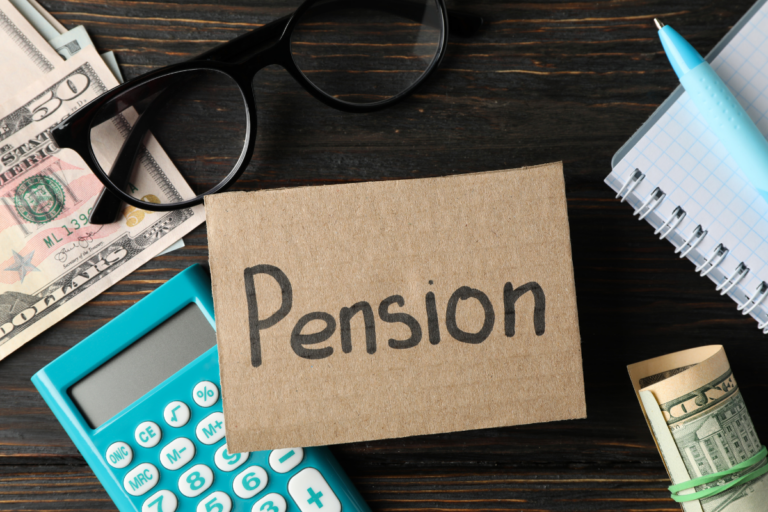Inflation is playing havoc with economies across the globe. The International Monetary Fund has forecasted it will peak at around 9.5% in Q3 2022, and in Australia, while lower, the Q3 2022 inflation rate was 7.3%, according to Trading Economics data.
This economic phenomenon – an increase in the prices of consumer goods and services – is posing a problem for practically everyone in society.
As prices rise higher than wages and profit margins, we get less for our money.
And if you have savings locked away, the real value of your hard-earned money can fall – especially if your interest rate is lower than the rate of inflation.
According to statistics compiled by Savvy, in 2022, the average Australian had just over $22,000 saved. If you want to keep your money safe from inflation, here are some tips on how to do so smartly.
Post Contents
Property
While certainly out of the reach of many people, it is worth mentioning that property is historically one of the best hedges against inflation.
House prices have risen dramatically over the past decade, and significantly more over the past few decades.
Therefore, putting your money into property could be a good way of getting a higher real-terms increase in your savings than an account.
It is also important to note, however, that potential buyers should ensure that the properties they are looking at are not overvalued and therefore they will not be overpaying for said property.
At the same time and due to the inevitable recession expected in 2023, it is not the best time to request a mortgage.
Interest rates are very high at the minute and are predicted to stay that way until early 2024 at the very least.
Therefore, property is only a good option if you have the capital in full and there is no need for additional finance.

The Markets
While inherently risky, and certainly only advisable to people who have plenty of extra money they can afford to lose, the stock market is one option for increasing the value of savings ahead of inflation.
Indeed, with the increasing numbers of forex traders making money from the markets, more options than ever are available for wagering funds on the movements in value of securities.
It could be interesting to research and study the so-called defensive industries, which are those that do not suffer as many losses or even benefit from turbulent economic climates.
Industries such as consumer staples, the repair and maintenance markets and other essentials that consumer will still need to purchase regardless of their economic situation are a good option for those looking to invest.
You could look at which industries and companies did not suffer from any major loses during the 2008 economic crisis – some companies even benefitted from it – and see whether they are a good investment in the current economic climate.
Gold
Gold is the traditional hedge against inflation. This is down to gold being seen as a safe haven in terms of economic and social unrest – two things the world is certainly not short of right now.
Gold’s value has steadily tracked upward over the past few decades too, so you should hopefully be able to get a better return on your savings than if you put it in an account.
But why is gold such a good hedge? Because gold is not linked to the value of any currency, and it actually tends to have a reverse relationship with the US dollar, meaning that when the value of the dollar goes down, the value of gold tends to go up.
Therefore, gold’s value tends to go up at the same rate as inflation, hence it being a good place to put your money at when inflation is as high as it is now.
Furthermore, gold is limited and its extraction is very costly; therefore, demand is always quite high worldwide while offer does not increase that much year after year, which guarantees that its value will not decrease too much.

Short-term Bonds
If you need quicker access to your savings, short-term bonds can offer better interest rates than savings accounts.
The trade-off is that you will often be unable to retrieve the cash before the bond term ends without sacrificing your interest.
However, if you decide to reinvest the bonds at the end of the term, then you can benefit from the power of compound interest, growing your savings even more over the long term.
With the methods above, you should have a game plan for protecting your savings from the falling value of money.
What are your plans for your savings as inflation bites? Let us know your thoughts in the comments section below.






























